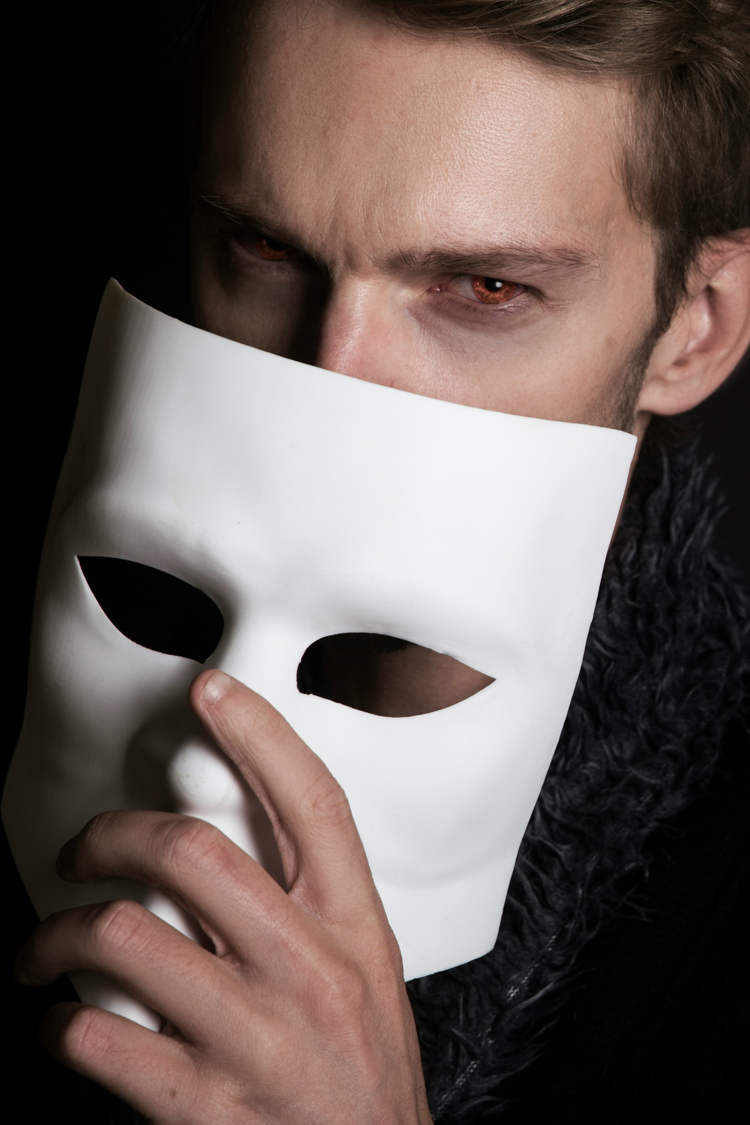A group of political activists known as The Satanic Temple has announced its intention to establish After School Satan Club programs in public elementary schools in the United States, in an effort to compete with after school religious programs supported by various Christian evangelical groups.
And before you flip out, Satanic Temple leader and co-founder Doug Mesner assures parents that the already controversial after-school program will involve no demon summonings, Satan worshiping or any kind of satanic rituals. After School Satan Club meetings will include a healthy snack, literature lesson, creative learning activities, a science lesson, puzzle solving and an art project. Sounds pretty tame, and Mesner explains that the whole point of the program is to offer young kids an alternative. “It’s critical that children understand that there are multiple perspectives on all issues, and that they have a choice in how they think,” said Mesner, a.k.a Lucian Greaves.
Despite its name, The Satanic Temple doesn’t encourage the worshiping of the fallen angel, in fact it doesn’t even believe in the existence of a supernatural being that other religions refer to as Satan, or Lucifer, or Beelzebub. The group rejects all forms of supernaturalism and instead promotes scientific rationality. So why use Satan? Simply as a metaphor, a symbol against all forms of tyranny over the human mind. Yes, that obviously includes organized religion.

Photo: The Satanic Temple
“We think it’s important for kids to be able to see multiple points of view, to reason things through, to have empathy and feelings of benevolence for their fellow human beings,” Chalice Blythe, the head of the Satanic Temple’s Utah chapter, told The Washington Post. And it’s for the sake of having multiple perspectives that the After School Satan Club will be rolled out in a limited number of schools that also host an evangelical Christian after-school program known as the Good News Club.
“While the Good News Clubs focus on indoctrination, instilling children with a fear of hell and God’s wrath, After School Satan Clubs will focus on free inquiry and rationalism,” Greaves said. “We prefer to give children an appreciation of the natural wonders surrounding them, not a fear of an everlasting other-worldly horror.”

Photo: The Satanic Temple
Christian evangelical after school programs were at one point largely banned from schools for fear that their presence would violate the U.S. Constitution. But in 2001, powerful legal advocacy groups on the religious right, including the Alliance Defending Freedom and the Liberty Counsel, managed to convince the Supreme Court that excluding an after school program based on the religious views of it sponsors would be a violation of free-speech rights. In the next 10 years, the Child Evangelism Fellowship (CEF), the organization behind Good News Clubs, became present in 3,560 public elementary schools.
Now, the Satanic Temple plans to follow in the footsteps of these religious organizations, in order to provide young minds with an alternative to Christian evangelical programs. “We would like to thank the Liberty Counsel specifically for opening the doors to the After School Satan Clubs through their dedication to religious liberty,” Greaves says, sarcastically. “So, ‘the Satanic Temple leverages religious freedom laws that put after-school clubs in elementary schools nationwide.’ That’s going to be the message.”

Lucien Greaves/Photo: YouTube screengrab
The Liberty Counsel actually agrees that the Satanic Temple has the legal right to establish its own after school program, based on the decision of Supreme Court that they themselves fought for, but claims it’s nothing more than a fad. “I suspect, in this particular case, I can’t imagine there’s going to be a lot of students participating in this,” Liberty Counsel founder, Matt Staver, said. “It’s probably dust they’re kicking up and is likely to fade away in the near future for lack of interest.”
“We are only doing this because Good News Clubs have created a need for this. If Good News Clubs would operate in churches rather than public schools, that need would disappear,” Greaves concluded. “But our point is that if you let one religion into the public schools you have to let others, otherwise it’s an establishment of religion.”
I like this guy, I like him a lot!





